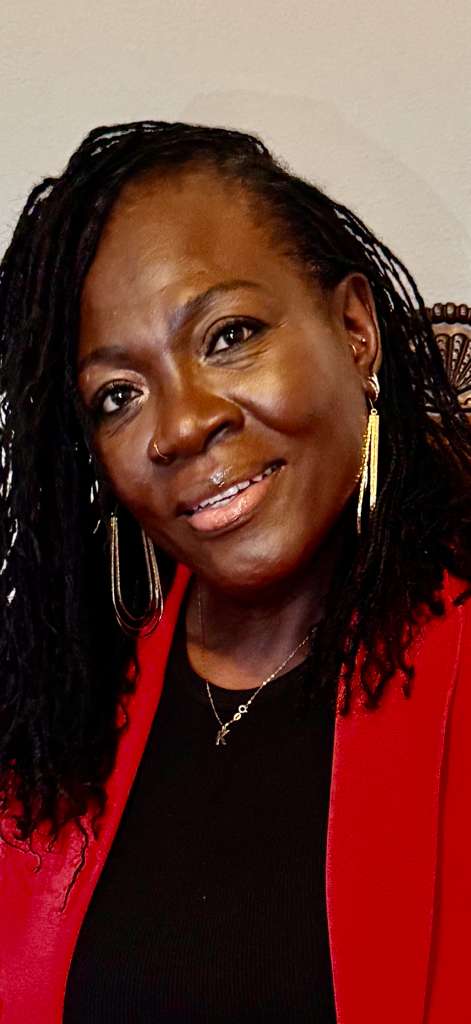
Karlene P. Blackman
Bethune-Cookman University, USA
Abstract Title: Arrest Breast Cancer: Addressing Breast Cancer Disparities Among Incarcerated Women
Biography: Dr. Karlene P. Blackman is an Assistant Professor of Criminal Justice at Bethune-Cookman University and Founder of Rightfully Exonerated, Inc. An expert in wrongful convictions and reentry, she also researches the intersection of health and incarceration, particularly breast cancer support for incarcerated women. With a background in law, psychology, and corrections, her work integrates experiential learning, advocacy, and public policy. Dr. Blackman has presented internationally and published research on systemic injustice, ethics, and marginalized communities, contributing to reform initiatives in criminal justice and public health.
Research Interest: Abstract Breast cancer remains a leading cause of morbidity and mortality among women, yet incarcerated women face disproportionate barriers to timely diagnosis, treatment, and supportive care. These barriers stem from systemic health inequities, ethical shortcomings, and inadequate policy frameworks within carceral institutions. This research critically examines the intersection of health disparities and the unique vulnerabilities of incarcerated women with breast cancer. Drawing on deontological, teleological, and relational- responsibility ethical frameworks, it highlights the moral imperatives for equitable care. Additionally, it explores policy gaps that perpetuate neglect and marginalization, offering actionable recommendations for prison healthcare reform. Using a mixed-methods approach that combines statistical analysis of healthcare disparities and qualitative case studies, the study provides a comprehensive understanding of the issue. Insights are further drawn from interviews with formerly incarcerated women, healthcare professionals, and justice advocates, highlighting the lived realities behind the data. This work contributes to the emerging discourse on health equity in correctional settings, emphasizing the urgent need for systemic change to uphold the dignity, health, and rights of incarcerated women. It concludes with specific policy recommendations and a call to action for stakeholders across public health, criminal justice, and advocacy sectors. Keywords: Breast cancer, Incarcerated women, Health equity, Carceral healthcare, Ethical frameworks
